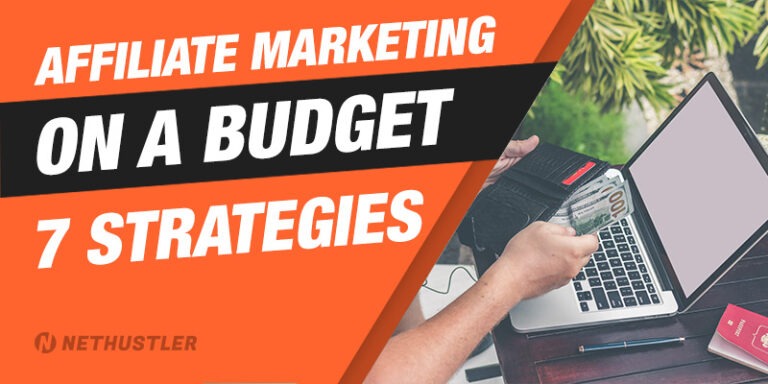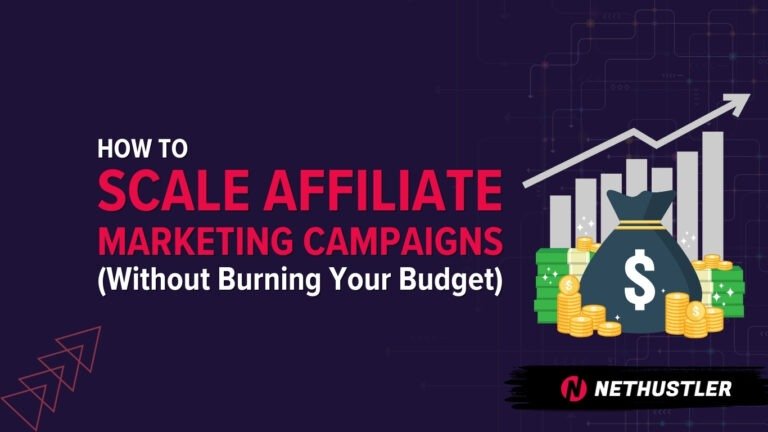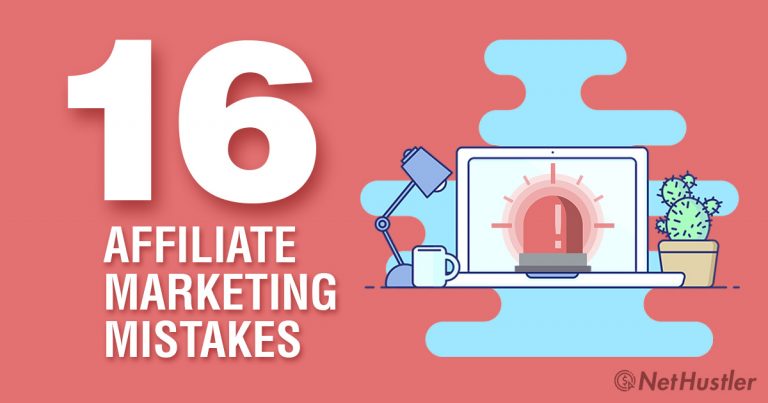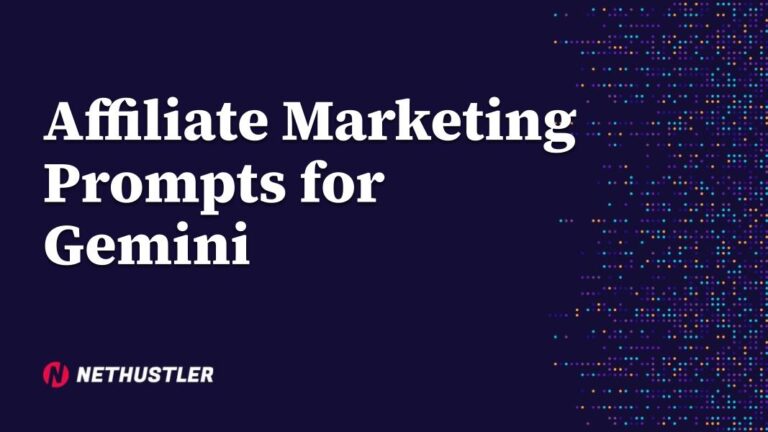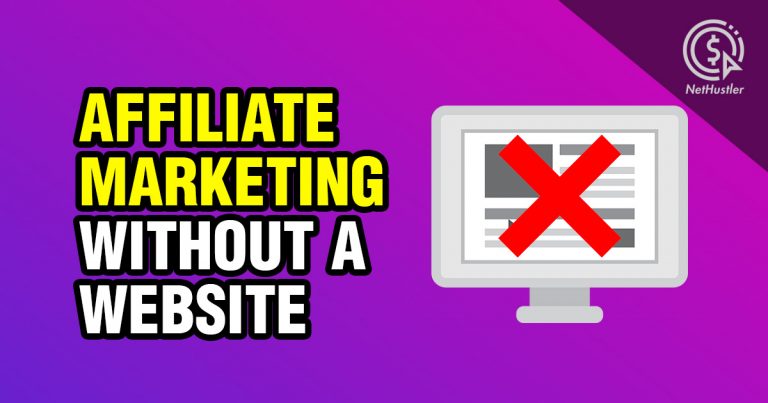Affiliate Marketing Legal Compliance Checklist
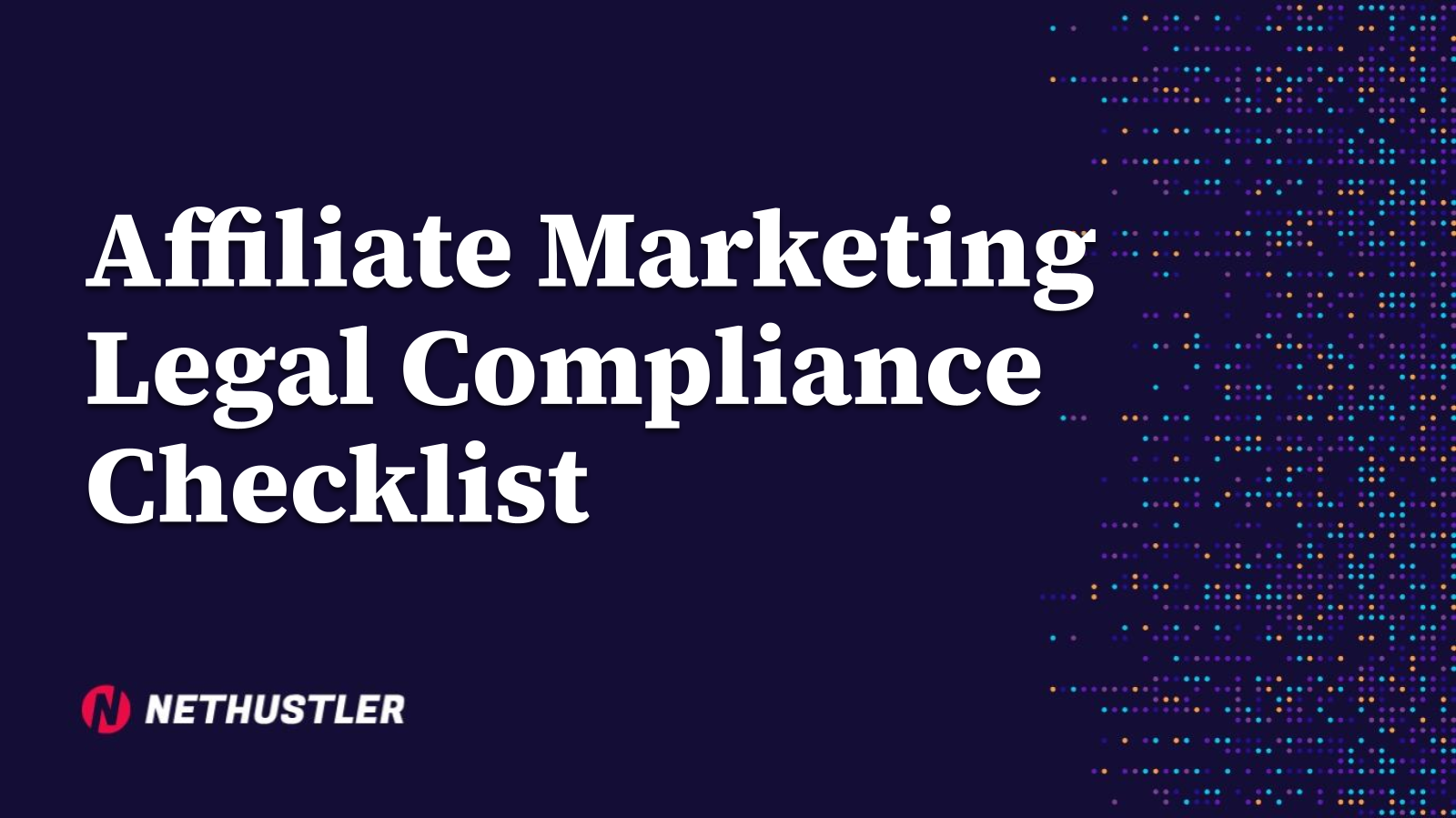
Ever tried to explain the internet to your grandma and she just looks at you like you’re speaking Klingon?
Yeah, that’s how most affiliates look when you mention legal stuff. And it’s driving me nuts.
Look, I get it. You wanna make money. You found a cool product, you wanna sling some links, and get paid. Simple, right? But then you have all this legal garbage… FTC, GDPR, platform rules… it’s a headache. But ignoring it is like playing chicken with a freight train. You’re gonna get flattened.
So before you get your site nuked or a scary letter from a lawyer, let’s talk about a basic affiliate marketing legal compliance checklist. This ain’t legal advice (I’m a marketer, not a suit), but it’s the stuff you absolutely HAVE to know.
The FTC Stuff (The Big One)
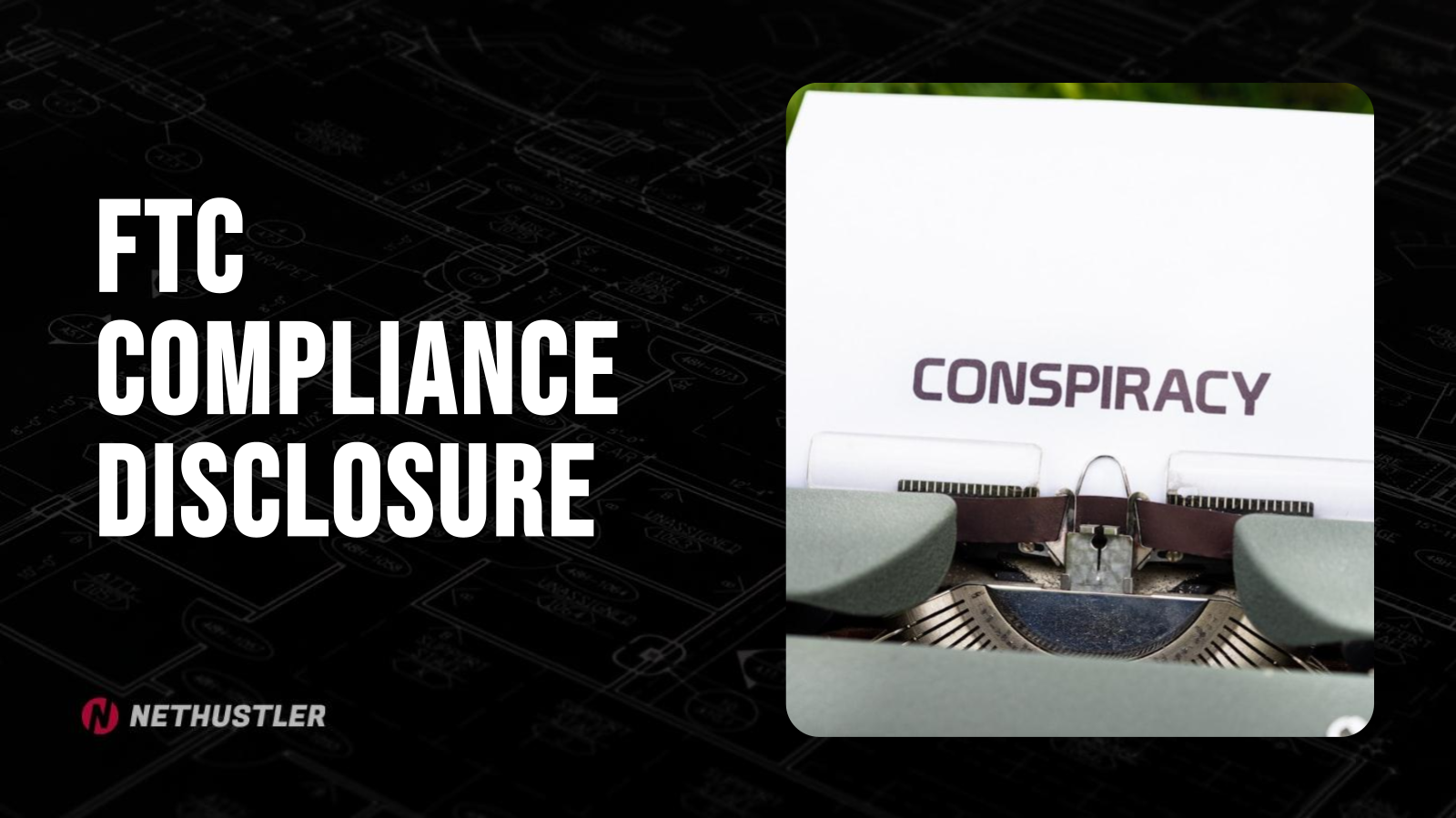
Okay, this is the most important one and the one everyone messes up. The Federal Trade Commission (FTC) is not playing around. They want you to be transparent.
It boils down to this: If you can make money from a link, you MUST disclose it.
Simple. But people still try to hide it.
They’ll put a tiny little link in their footer, in light gray text on a white background. Are you kidding me? They’ll bury it in a massive “Legal” page nobody reads. That’s not a disclosure, that’s a joke.
Your disclosure needs to be CLEAR and CONSPICUOUS. That means:
- Put it right at the top of the post. Before the intro paragraph. Before ANY affiliate links appear (see how I do it, even on this post)
- Use plain language. “As an Amazon Associate I earn from qualifying purchases.” is a classic. Or something like, “(Btw, this post has affiliate links. If you buy something, I might get a small commission at no extra cost to you. Helps keep the lights on here. Thanks!)”
- Don’t hide it. I mean come ON people.
The FTC doesn’t care about your excuses. “I didn’t know” is not a defense. Just do it. It literally takes 10 seconds.
GDPR & CCPA (The “Don’t Be a Creep” Rules)
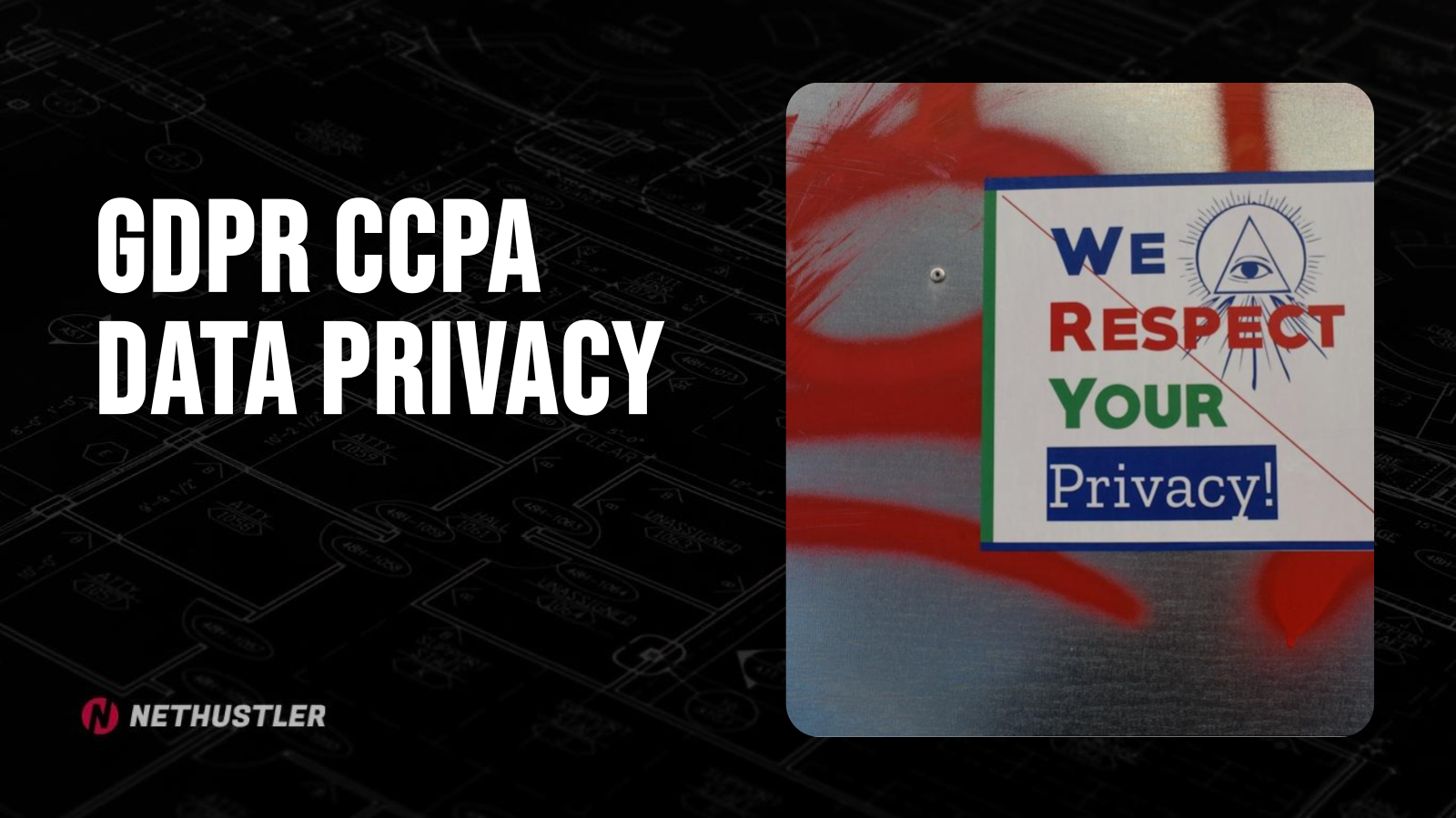
Ugh. European and Californian data privacy laws. Fun, right?
Basically, GDPR (for the EU) and CCPA (for California) are all about giving users control over their data. As an affiliate, you’re prolly using cookies to track clicks. You’re collecting data. So this applies to you.
You dont need to become a lawyer. You just need to not be a creep.
Have a privacy policy page on your site. It needs to explain what data you collect (like through cookies for affiliate links, or emails for your newsletter), why you collect it, and who you share it with (like affiliate networks).
And you need a cookie consent banner. You’ve seen them everywhere. Those annoying popups that say “this site uses cookies.” Yeah, you need one of those if you have visitors from Europe. It’s stupid, it’s annoying, but it’s the rule. There are a bunch of WordPress plugins that do it for you. Just install one and get it over with.
This is all about being upfront. Dont secretly track people. It’s not 2005 anymore.
Platform Rules (The Ones That’ll Get You Banned)

So you got the government off your back. Great. Now you gotta deal with the big tech overlords. Amazon, Google, Facebook… they all have their own set of rules, and they will ban you in a heartbeat with no warning.
Amazon Associates is famous for this. They have a massive document of rules you’re supposed to read. Nobody does, and then they wonder why their account got shut down. You can’t put Amazon links in emails. You cant cloak your links to hide the amazon part. You have to use their specific disclosure language. It’s one of the most common affiliate marketing mistakes people make. They just assume they can do whatever they want.
Same with running ads. Trying to run Google Ads directly to an affiliate link? Good luck. They’ll shut you down so fast. You gotta send them to a real landing page or a review article. And you better not be doing anything shady to your traffic, because things like AdSense click bombing and invalid traffic will get your entire Google account flagged, not just your ads.
Read the terms of service for EVERY program you join.
Seriously. Read it.
It’s boring, I know. But it’s better than building up a site for 6 months only to have your main income source disappear overnight.
Your “Don’t Get Sued” Checklist (Kinda)

I’m rambling. I know. So here, I’ll just spell it out for you. If you cant handle the paragraphs, just do this stuff.
- Disclose EVERYTHING. Put a clear affiliate disclosure at the VERY top of any page or post with affiliate links. No exceptions.
- Create a Privacy Policy Page. Use a generator online if you have to, but have a page that explains your cookie and data situation. Link to it in your footer.
- Use a Cookie Consent Banner. It’s annoying but necessary. A simple plugin can handle this.
- Read the Terms of Service. Before you join ANY affiliate program, read their rules. Especially Amazon’s. Dont just skim it. Read it.
- Don’t Make False Claims. “This pill will make you lose 50 lbs in a week!” is a great way to get sued and banned. Be honest. Promote products you actually believe in, not just whatever pays the highest commission. The world has enough affiliate marketing scams already.
That’s it. That’s the bare minimum. If you do this, you’re ahead of like 90% of the other affiliate marketers out there who are just waiting to get wrecked.
FAQs For The People in the Back
Do I really need a disclosure for every single link?
No, not for every link. But you need one at the top of every PAGE or POST that contains affiliate links. One clear disclosure at the beginning covers all the links on that page.
What happens if I ignore FTC rules?
Honestly? For a small site, maybe nothing for a while. But you’re taking a huge risk. The FTC can fine you thousands of dollars. T-h-o-u-s-a-n-d-s. And they can force the company whose products you’re promoting to terminate your partnership. It’s just not worth it.
Is a privacy policy the same as a GDPR notice?
Kinda, but not really. Your privacy policy is the detailed document explaining everything. The GDPR notice is usually the cookie consent banner that pops up, which should link to your more detailed privacy policy. They work together.
Can I use my affiliate links in email?
Depends ENTIRELY on the affiliate program. Many, like Amazon Associates, explicitly FORBID it. Others are fine with it. It’s one of those things you HAVE to check in their terms of service. When in doubt, dont do it.
Does Amazon have special rules I should know about?
LOL. Yes. A million of them. The big ones are: you can’t be an affiliate for your own products, you can’t have friends and family buy through your links, you MUST use their exact disclosure wording, and you can’t include price information (since prices change). Just go read their Associates Program Policies page. For real.
Stay hustlin’,
Stephen


